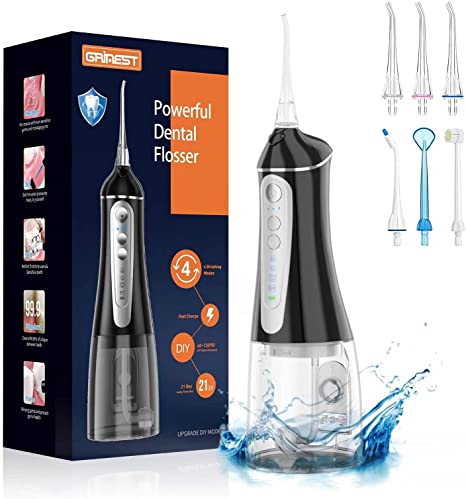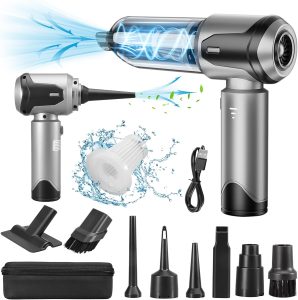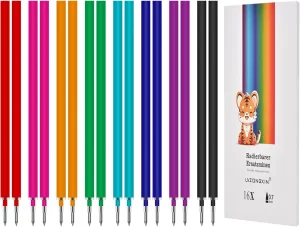Water flossers, also known as oral irrigators or dental water jets, are devices designed to clean between teeth and along the gumline using a stream of pressurized water. They are an alternative to traditional dental floss and can be beneficial for individuals who find it difficult to use regular floss or have specific dental needs.
Here are some key points about water flossers:
Function: Water flossers work by using a pulsating stream of water to remove plaque, food particles, and bacteria from between the teeth and gums. The water pressure can be adjusted to suit individual comfort levels.
Benefits: Water flossers can be effective in removing debris and reducing gum disease, gingivitis, and plaque buildup. They can reach areas that are difficult to access with traditional flossing, making them particularly useful for people with braces, dental bridges, implants, or other dental work.
Ease of Use: Using a water flosser is relatively straightforward. The device consists of a water reservoir, a motorized pump, and a handheld nozzle. You fill the reservoir with water, aim the nozzle between your teeth, and activate the pump to release a controlled stream of water.
Types of Water Flossers: There are different types of water flossers available, ranging from countertop models with larger water reservoirs to portable and cordless versions that are travel-friendly. Some models may also include additional features like adjustable pressure settings, specialized tips for specific dental needs, or built-in timers.
Complementary Oral Hygiene: While water flossers can be a valuable addition to your oral hygiene routine, they are not meant to replace regular brushing or professional dental cleanings. It’s still important to brush your teeth at least twice a day using a toothbrush and toothpaste reco by your dentist, along with flossing, to maintain optimal oral health.
Consult with Your Dentist: If you’re considering using a water flosser, it’s always a good idea to consult with your dentist or dental hygienist. They can provide guidance on whether a water flosser is suitable for your specific dental needs and recommend the most appropriate type or brand based on your oral health condition.
Remember, while water flossers can be a useful tool for oral hygiene, maintaining a consistent and comprehensive dental care routine, including regular dental check-ups, is crucial for maintaining optimal oral health.



